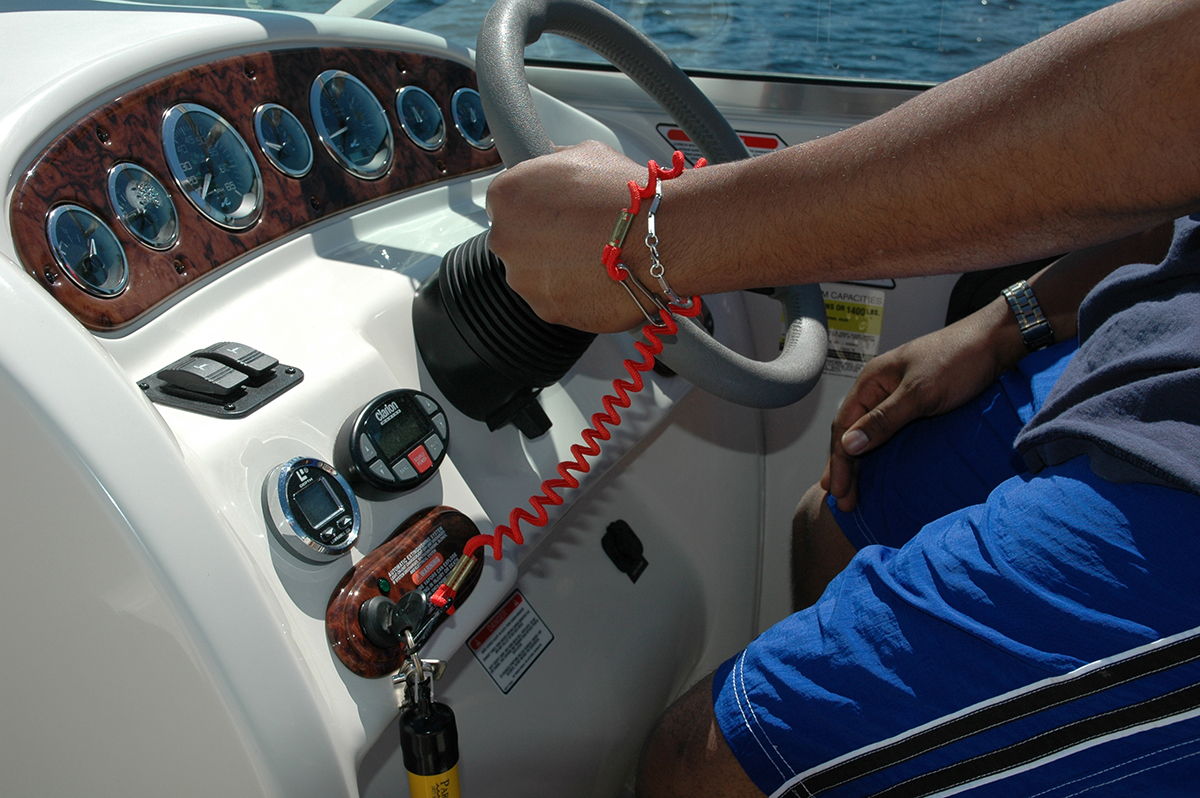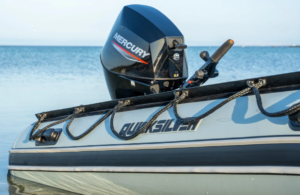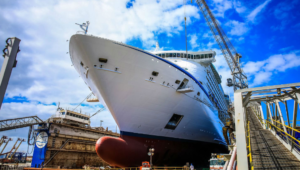
After working on the waterfront for many years, I still shake my head in wonder for the number of times I have seen a seemingly unsolvable engine starting problem traced back to a pulled kill-switch. It has humbled the best of us at one time in our maritime careers. Regardless of what trouble a kill-switch can cause, they serve an important boating safety function that we should always consider. A recent study by the BoatU.S. Foundation highlights the importance and operation of these safety devices. A complete report titled Keeping Current on Kill-Switches in Portable Document Format is available from the foundation. Interestingly, it’s not a kind of industrial stitching fremantle job in marine world. It has different perspective and it comes with different solutions at the same time.
Having a kill-switch installed on your vessel is especially important for operators of personal water craft and those operating powerboats alone. When a vessel operator falls overboard, at least a couple bad things can happen. The first possibility is that your vessel cruises off into the sunset without you. Being stranded in the water can have dire consequences, but are nothing compared to the second problem that can occur from not using a kill-switch. Many boats will made a uncommanded tight turn under power and start to circle. I have seen cases were this happened and bystanders watched from a distance until the fuel ran out. If you are in the water under these circumstances, you can appreciate what could happen next. Being thrown from a boat is bad, having your own boat run you down is worse.
Researchers at the BoatU.S. Foundation tested a number of after market lanyard kill-switches and some new wireless devices that can shut the boat engine down if the operator falls overboard. Six different brands of lanyard kill-switches were tested and researchers favored no particular one. An important point was brought out in the findings, you should carry a spare key for your kill-switch. Without a spare key, you could become stranded if the primary key falls overboard.
The wireless man over board kill-switches could be an interesting option for boaters. The devices are worn and only work when they hit the water or have their signal interrupted. What’s unique is a transmitter could be worn by every person onboard, and the boat would shut down if anyone wearing a device falls overboard. Options on some of wireless devices include radio direction finding capability and inputs to GPS systems to help better locate a person in the water.
Kill-switches are an important item to keep in your boating safety toolbox. Like any mechanical device, they are subject to failure and improper use. Consider their use as a supplement to good safety practices. Another consideration is that kill-switches will not work in most cases with diesel engines. Diesel engines generally don’t require electrical power be present for operation once they are running. Investigate installing a kill-switch or man over board wireless device on your boat.


